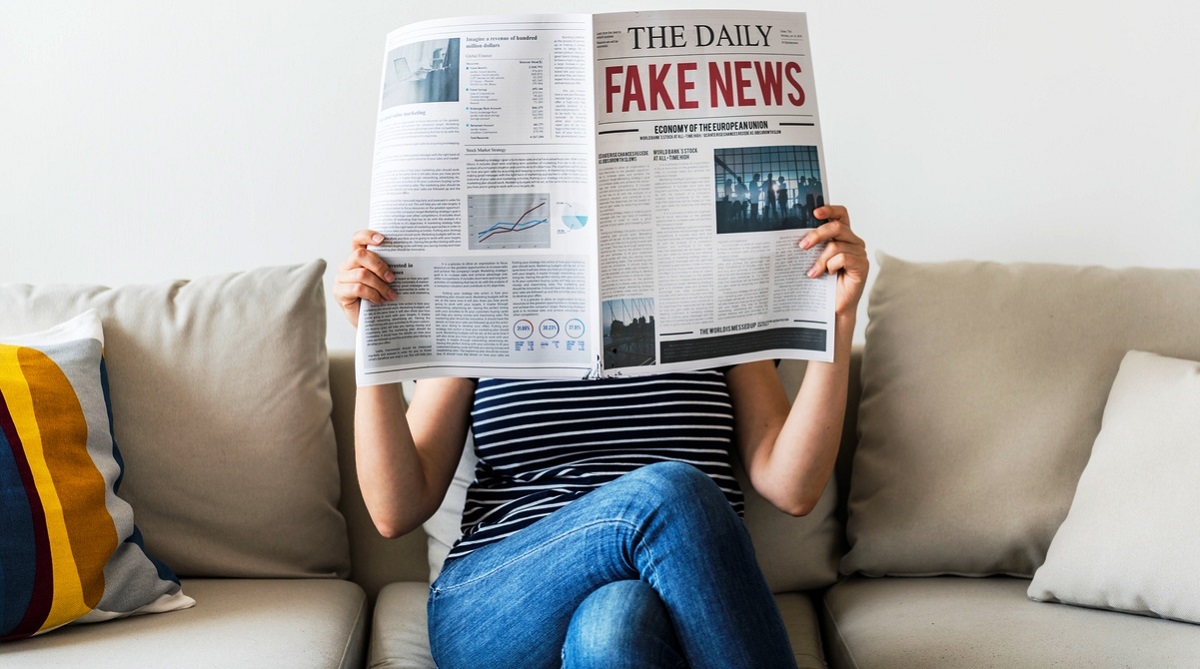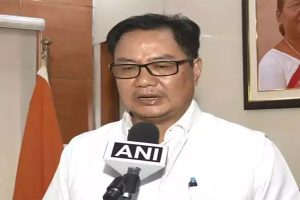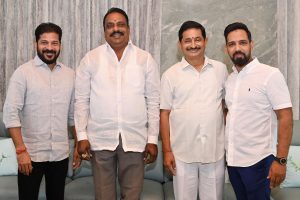Fake news isn’t what it used to be. Before President Trump seized and exploited the term, fake news consisted of plain old partisan propaganda, government disinformation, corporate PR and, least appreciated and most widespread, the press lazily acting as stenographers of power. Indeed, Trump’s favourite example of ‘fake news’ is any journalist who dares to deviate from whatever he tweets in his self-absorbed role as the most powerful political leader on the planet. So neither is it true that all news is fake or that fake news is a myth, it’s the rabidly personal dimension that sets Trump’s complaints far apart from those of many serious media critics. At far apart moments, Trump does have a point, but the notion of appointing a proud chronic liar as the supreme arbiter of the truth is hardly a remedy.
A fascinating memoir by investigative journalist Seymour Hersh, entitled Reporter, reminds us that schemes by Trump (and some of his opponents too) to control the spin of the news are old hat. Not all journalists are dauntless pursuers of truth. Lifelong exceptions such as Robert Fisk, Greg Palast, Patrick Cockburn, Jeffrey St. Clair, Pepe Escobar, John Pilger and a few others come to mind, but they hardly would fill a newsroom. Of them all, no one has yielded more important stories, and to the deep displeasure of angry governments, than Seymour Hersh. For his unwavering scrupulous work he now is exiled from mainstream US media. Hersh’s odyssey ~ and an odyssey is a journey filled with perils ~ is an instructive one.
His first lesson in early 1960s Chicago, long before Black Lives Matter erupted, was that scribblers who want to survive do not contradict police lies, especially when told about ghetto blacks. The cub reporter was appalled. Later, when he doggedly unearthed the My Lai massacre case (where an American infantry unit murdered hundreds of Vietnamese civilians), he soon found himself “frightened by the extent of self-censorship I was encountering in my own profession.” One prominent colleague called Hersh ‘a lying son of a bitch.’ A New York Times editor primly opposed printing the shocking story because of concern about “adverse consequences for America.” What is the reasoning here? That repugnant activities must be concealed so that perpetrators can do it again? And that supposedly will boost America’s reputation and the reputation of the press that suppresses the news?
Atrocities in Vietnam, Hersh observes, began virtually from the day that American military forces splashed ashore in 1965 but no correspondent dared relay the news. Hersh eventually wrote two books about My Lai, one about the slaughter itself, and another on the devious cover-up. The journalistic heroism depicted in the films All The President’s Men and The Post, where reporters help bring down the Nixon administration, is rather rare. Hersh got hold of an internal Pentagon memo attesting, despite public denials, that it could “reliably monitor a Test ban treaty with the Soviet Union”, which the Washington Post spiked when the Pentagon brazenly denied it. Hersh rebuffed New York Times editors who insisted that he run his stories by Henry Kissinger in the White House and CIA Director Richard Helms, who were the “architects of the idiocy” he was busy investigating.
Ready for more? Hersh disclosed that the US Chemical and Biological Weapons programme, despite Nixon’s official ban, continued and that the “promulgation of rules was little more than a charade.” A CIA Director of Operations was incensed that the New York Times did publish Hersh’s piece on CIA drug running antics despite false denials. Hersh lauds lonely figures in the military and CIA who “were troubled by what they knew,” and leaked information of high misconduct. He thereby learned of secret Cambodia bombing, an illegal CIA spying operation on antiwar activists, and that the 1971 Bangladesh horrors were ignored by the US because Nixon and Kissinger needed Pakistan dictator Yahya Khan as go-between in their opening to China. Hersh also pointed out that an extravagant project to raise a sunken Soviet sub was hatched when school lunch subsides were getting cut, surveillance budgets on citizens raised, and the sabotaging of a democratic regime in Chile pulled off.
The sheer moral numbness of government snoops is nearly amusing. When one Nixon White House aide’s wife complained that she believed their phone was tapped, the FBI agent tapping it wrote to superiors that because it was a silent tap that she must have a persecution complex. Hersh, who notes Reagan in the Iran-Contra scandal “had been given a pass,” also found evidence of US government collusion in procuring key materials for Israeli nukes. The ‘road of death’ aerial attacks on fleeing Iraqis in 1991 was ordered by a zealous general after a pledge of safe passage. Hersh was instrumental too in exposing Abu Ghraib torture. There also is no Iranian nuclear weapons programme, despite the manufactured common wisdom saying otherwise. Hersh even upset the heroic US narrative of the Bin Laden raid. Yet the toughest case he encountered, far more so than government probes, was a major corporate crime investigation, which was buried under a blizzard of lawsuits.
All of these cases doubtless are, in Trump’s view, fake news. Today many of the government crimes Hersh exposed have been made legal under the guise of improving security. It is more dangerous for whistleblowers to expose malfeasances than ever. Except for a dying breed (though one hopes not) like Hersh there would be nothing but a tide of fake news to envelop us.
(The writers are well-known commentators and the authors of No Clean Hands, Parables of Permanent War and many other books)











